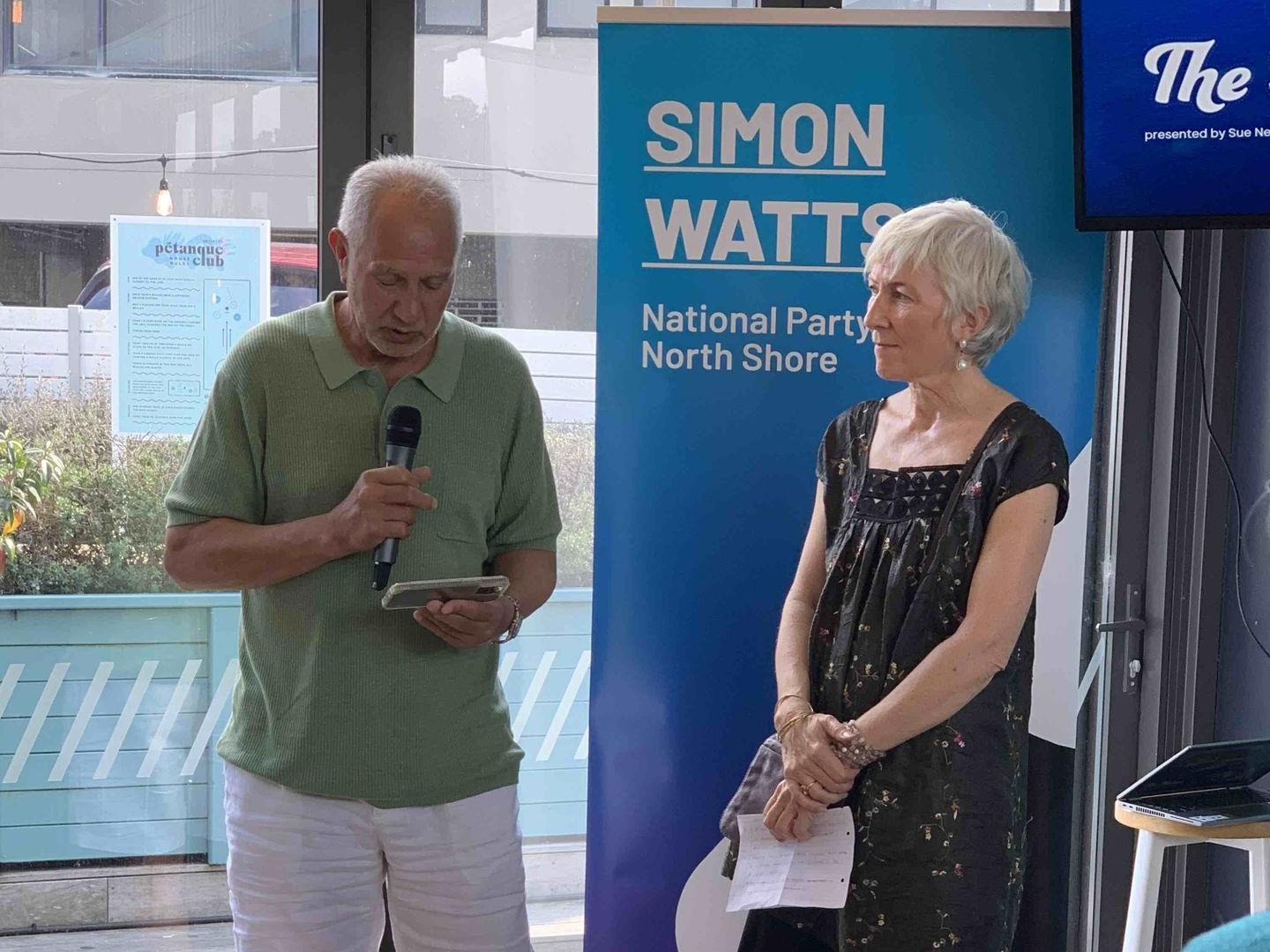The recent public meeting of the Blue Greens, an environmental advisory arm of the National Party, set the stage for cross-party discussions on New Zealand’s pressing environmental issues. A key highlight was balancing sustainability with economic growth and how scientific, evidence-based policies are vital for addressing climate change and conservation efforts. Alimentary Systems is at the forefront of offering practical solutions to the country’s wastewater emissions crisis through innovative technology that transforms sewage into carbon credits.
The Wastewater Crisis and Alimentary Systems’ Solution
In New Zealand, approximately 1,000 tonnes of wastewater sludge is landfilled daily, contributing to 39% of emissions from water treatment processes. Water treatment itself accounts for about 5% of global emissions. If left unchecked, by 2030, New Zealand will need to purchase $23.7 billion worth of carbon credits from overseas to meet its climate targets.
Alimentary Systems provides a home-grown solution by diverting 10,000 tonnes of sludge from landfills daily, avoiding 4.3 million tonnes of CO₂e emissions annually. This process generates carbon credits valued at $430 million annually, keeping the capital within New Zealand while reducing the country’s environmental impact. This aligns directly with the Blue Greens' sustainability principles, scientific rigour, and economic growth.

Key Environmental Issues and Risks Highlighted at the Blue Greens Launch
The Blue Greens launch did not shy away from acknowledging the significant environmental challenges facing New Zealand. Concerns were raised on many issues, many of which resonate with the work Alimentary Systems is addressing. Here are the key risks discussed:
Hauraki Gulf Marine Protection Bill: Concerns about balancing commercial fishing rights with environmental protection took centre stage. Issues with sedimentation, particularly from the Piako and Mata rivers, further exacerbate the fragile state of the Gulf.
Climate Change: Achieving net-zero carbon emissions by 2050 remains a significant challenge. Attendees noted the difficulty of balancing emissions reduction with the need for continued economic growth.
Conservation: Funding issues were raised around maintaining infrastructure in New Zealand’s national parks, compounded by the country's massive biodiversity loss. Concerns were also voiced about the declining health of fish populations in the Hauraki Gulf.
Invasive Species: Alarming concerns about invasive species, such as the Caulerpa seaweed threatening marine ecosystems and golden clams potentially damaging Waikato River turbines, were also highlighted.
These discussions reinforced the importance of taking immediate action, not just through legislative measures but by adopting new technologies, like those developed by Alimentary Systems, that offer scalable, practical solutions to environmental issues.
Next Steps and Government Action
Several next steps emerged from the Blue Greens launch, emphasising the need for government action and further collaboration. These include:
Hauraki Gulf Marine Protection Bill: Tama Potaka and Simon Watts committed to pushing this bill forward. Despite delays in the second reading, the bill is expected to help protect 30% of the Hauraki Gulf, a critical step in improving marine ecosystems.
Container Deposit Return Scheme: Minister Simmons is reviewing the implications of the proposed container deposit return scheme, which aims to address waste but raises concerns about potential cost increases for consumers.
Streamlining Environmental Projects: A proposed "one-stop shop" for faster decision-making on environmental projects is being considered. This would accelerate the implementation of key environmental initiatives.
These steps illustrate the government’s recognition of the urgent need to address marine and terrestrial environmental challenges. As Alimentary Systems is enabling, the efficient handling of wastewater and the reduction of emissions will be critical components in achieving these goals.

Questions Raised During the Discussion
The meeting featured a robust discussion on several important topics, further highlighting the need for cross-party collaboration and innovative solutions like those offered by Alimentary Systems. Key questions included:
The scientific validity of the National Party’s carbon neutrality by 2050 goal, with attendees questioning the practicality of achieving this target.
The status of the container deposit return scheme could help reduce New Zealand’s overall waste. Recently, the Sustainability Awards-winning enterprise Absolute Essential did so to support circularity.
The potential for banning commercial fishing, dredging, and seine netting in the Hauraki Gulf, which is critical for marine protection efforts.
Inquiries into New Zealand’s marine protection targets and the strategies required to achieve them.
These questions underscore the complexity of the environmental issues New Zealand faces, but also the critical role of innovative technologies like those from Alimentary Systems, which can help bridge the gap between aspiration and action.
Timeline for Action and Future Directions
Looking ahead, the government aims to finalise its plan for emissions targets by the end of the year, a timeline that will set the stage for further legislative and practical efforts. A community event was also announced for October 20th, providing a forum for discussing environmental policies and engaging in conservation activities.
The upcoming event will offer an opportunity for more direct community involvement, something the Blue Greens emphasised as key to driving real change. Local initiatives, combined with large-scale technologies like Alimentary Systems’ bioenergy resource recovery plant, can create a powerful synergy in the fight against climate change and environmental degradation.
Conclusion: A Cross-Party Path to Sustainability
The launch of the Blue Greens highlighted the need for cross-party collaboration, science-driven policies, and practical solutions to address New Zealand’s environmental challenges. Alimentary Systems is providing a real-world answer to one of the country’s most pressing issues: wastewater emissions.
By transforming sewage into carbon credits, the company is not only reducing emissions but also generating valuable economic assets that can be reinvested in further environmental initiatives. As New Zealand works toward its net-zero carbon target, technologies like these will be essential in ensuring both environmental sustainability and economic growth.